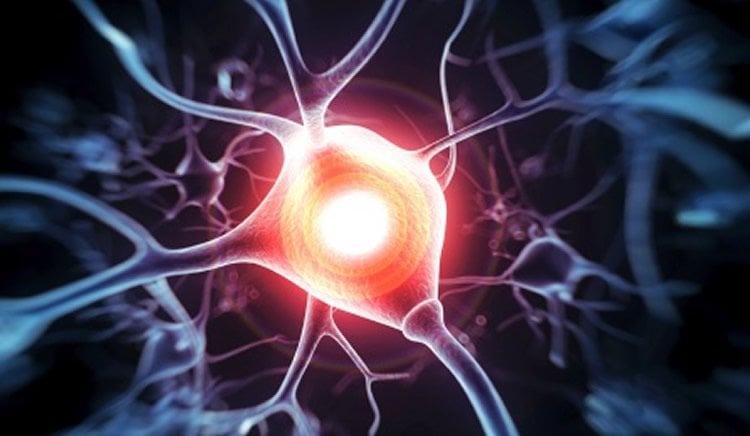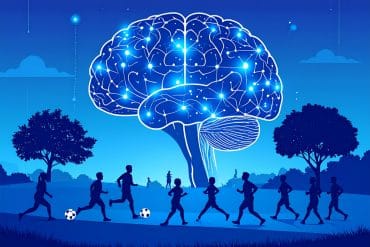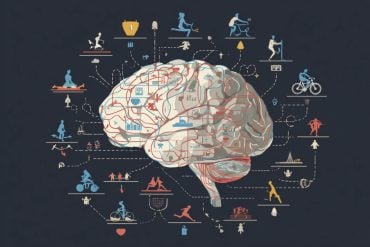New study to unlock keys that could disrupt addiction.
Why do cocaine addicts relapse after months or years of abstinence? The National Institute on Drug Abuse has awarded a University at Buffalo scientist a $2 million grant to conduct research that will provide some answers.
The UB research has the potential to identify novel therapies for treating cocaine addiction and other psychostimulants, for which no effective drug therapy exists.
“Why is it that after staying clean for a month or a year, an addict will, seemingly without reason, start using drugs again?” asks David Dietz, PhD, principal investigator and assistant professor in the Department of Pharmacology and Toxicology in the UB School of Medicine and Biomedical Sciences. “It’s because addiction has rewired the brain.”
The five-year grant focuses on the short- and long-term neurobiological changes in the brain that are induced by addiction.
Dietz explains that an addict’s brain undergoes these dramatic and profound changes, known as neuroplasticity, while being exposed to cocaine.

This plasticity, he says, includes cellular changes that, in turn, control changes in the shape of neurons and the number of connections they have with other neurons, ultimately causing changes in the addict’s behavior.
“These changes persist and become permanent,” Dietz continues. “The addict’s brain is forever rewired.
“The question is, how can we interfere with those changes?” he asks. “How can we either prevent the rewiring in the addicted state or somehow reverse it?”
A key component of the grant is the ability to understand how the brain changes at different time-points following abstinence from drugs.
“You may need to treat a person who has been in withdrawal for one day very differently from someone who has been in withdrawal for one month or even longer,” explains Dietz.
The UB research, which will be conducted in vivo, is the first to focus on a signaling pathway called transforming growth factor-beta (TGF-beta) signaling, which Dietz says may be a master regulator of pathways previously discovered to be important in addiction.
According to Dietz, TGF-beta is able to control changes both by directly regulating mechanisms that alter the structural reorganization of these neurons, and by controlling long-term, transcriptional effects of genes that maintain these adaptations. This long-term effect sustains the rewiring in the brain and makes it permanent, he says.
Contact: Ellen Goldbaum-Kolin – University at Buffalo
Source: University at Buffalo press release
Image Source: The image is adapted from the University at Buffalo press release
Original Research: We will report on the research when it is released.






